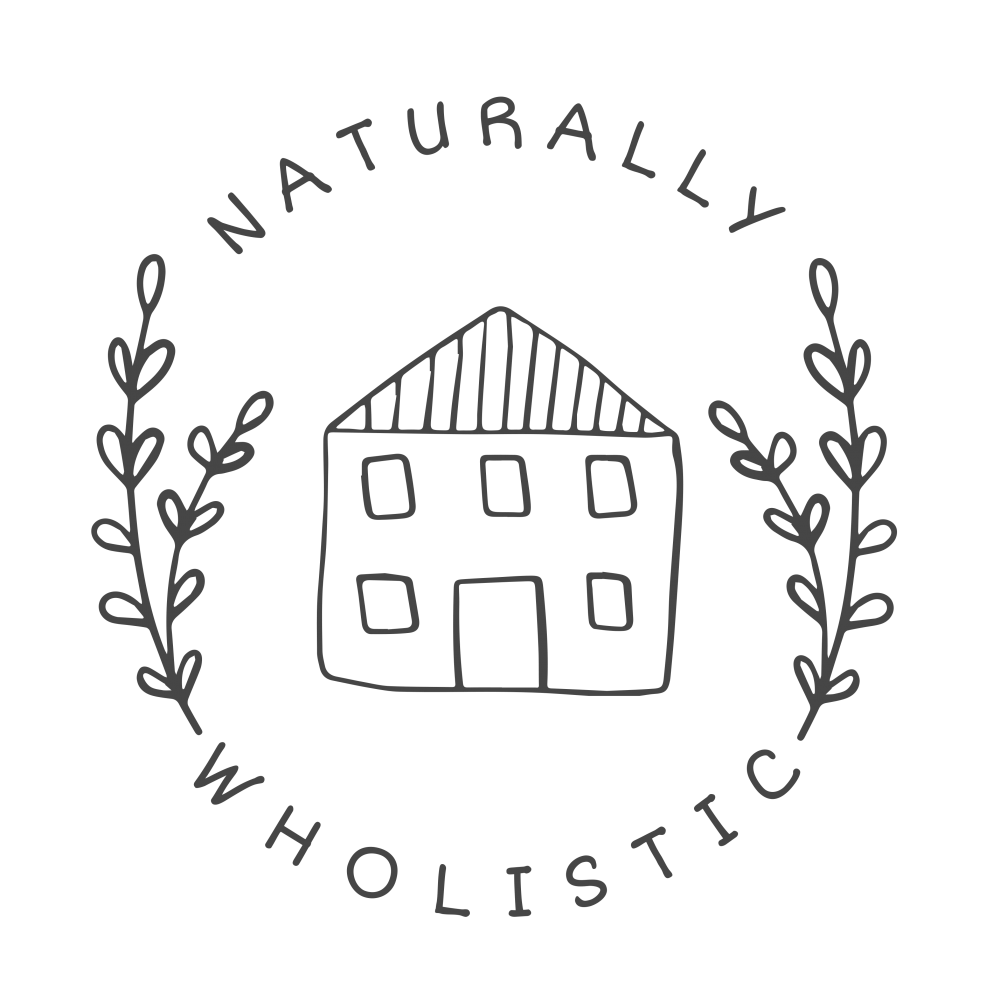I started experimenting with einkorn flour baking a few months ago, but I hadn’t heard much about it up until then. I still haven’t perfected the science, but I do love it for so many reasons! What’s all the fuss about?
Einkorn is the first, most ancient form of wheat. It’s older than even spelt or emmer. In fact, all modern wheat has been hybridized from einkorn. It’s much healthier and often easier to digest than modern wheats. It doesn’t spike blood sugar as much as white flour because it assimilates slower. I can attest to this from my personal experience of testing blood sugar after eating – my body reacts much better to einkorn compared to white flour. It also has an older, gentler form of gluten that lacks the high molecular weight proteins many people can’t digest, which may be more tolerated for those who suffer from gluten sensitivity. It has half the phytic acid of modern wheat, which means that it doesn’t block mineral absorption as much. And combining einkorn with souring, soaking, or sprouting makes it even lower in phytic acid, resulting in even more mineral absorption.
.jpg) Einkorn also has several health benefits.
Einkorn also has several health benefits.
- It contains 3-4 times more beta-carotene (boosts immunity and prevents cancer and heart disease) than modern wheat.
- It has two times more vitamin A than modern wheat (healthy eyes and reproductive organs, prevents cancer).
- It also has 3-4 times more lutein than modern wheat (prevents macular degeneration and cataracts).
- It contains 4-5 times more riboflavin than modern wheat (antioxidants to slow aging and used to create energy).
- And interestingly, einkorn has a higher protein content than even wheat durum (which is the wheat that commercial whole grain bread products are made from).
- Unlike modern wheat, einkorn is a hulled wheat, which protects it from chemicals and insects, making it easier to grow organically!
And on top of all that, it tastes good!
Everyone who I’ve served einkorn bread products to likes it. In fact, my children prefer it over white bread because it has flavor. The einkorn sourdough bread is definitely more dense with a stronger flavor than unbleached all-purpose white flour sourdough bread. But it has a more complex, heartier, slightly nutty taste that most people enjoy. And it’s actually less time consuming to bake with because it doesn’t require any kneading due to its gentler gluten content. That’s a big bonus for me! It does behave differently than modern wheat, so there’s a bit of a learning curve. But with a few adjustments, I’m getting there. I’ve learned a lot about it from Wardee at the Traditional Cooking School blog.
.jpg) All wheat has been hybridized from the original einkorn wheat. First emmer, then spelt, all the way to the common wheats that are used today. Unfortunately most modern hybridized wheats have little nutritional value and are often difficult for our bodies to digest. That’s because these wheats have been modified to be easier to grow and harvest for mass production. They are free-threshing (do not have hulls), making them more desirable for cultivation because they are easier to process. But they are more susceptible to disease and are stripped of many of the health qualities at the same time. Likewise, all modern non-organic wheat is sprayed liberally with glyphosate before harvest, which is extremely taxing on our bodies.
All wheat has been hybridized from the original einkorn wheat. First emmer, then spelt, all the way to the common wheats that are used today. Unfortunately most modern hybridized wheats have little nutritional value and are often difficult for our bodies to digest. That’s because these wheats have been modified to be easier to grow and harvest for mass production. They are free-threshing (do not have hulls), making them more desirable for cultivation because they are easier to process. But they are more susceptible to disease and are stripped of many of the health qualities at the same time. Likewise, all modern non-organic wheat is sprayed liberally with glyphosate before harvest, which is extremely taxing on our bodies.
Einkorn requires more time to grow and harvest, making it more labor intensive and expensive to process. Unfortunately that also makes einkorn flour significantly more expensive compared to modern hybridized white flour. There aren’t many farms cultivating it, and it’s not available in most grocery stores, but it can be purchased from Amazon, Thrive, or the Jovial website. This is a drawbacks, I suppose, but einkorn is so much healthier than modern wheat products, so I don’t mind the added expense or the extra step of ordering online. I feel better about serving baked einkorn products to my family, especially knowing about all the added health benefits. I’m still perfecting my baking process, but einkorn is my flour of choice.
.jpg)






